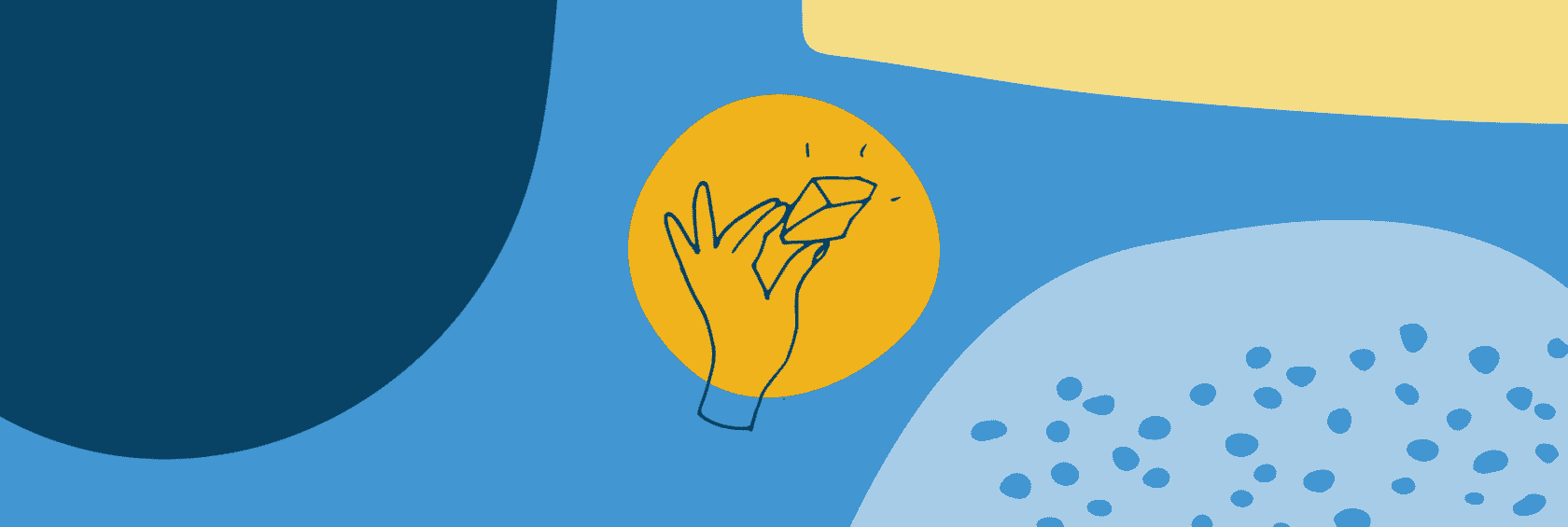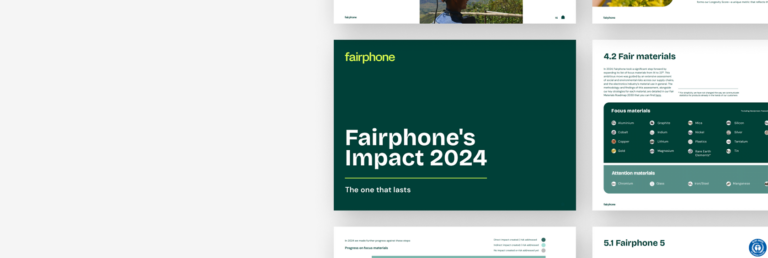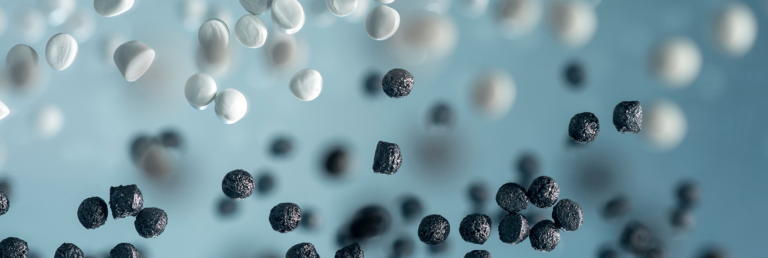Five years of responsible gold
For the past five years, Fairphone has been an active participant in a broad coalition within the Dutch gold sector aimed at ensuring greater respect for human rights, the environment and biodiversity in the gold value chain. This “gold covenant” was spearheaded by the Dutch Ministry of Foreign Affairs and co-signed by a variety of groups with an interest in the gold sector, including HIVOS/Stop Child Labour, Philips, Closing the Loop, and the Dutch Gold and Silver Federation (FGZ), as well as other parties like trade unions, importers and recyclers. Fairphone chaired the Gold Agreement task force on improving artisanal gold mining and responsible supply during the duration of the initiative. In June, this covenant came to an end; now comes the time to apply the lessons learned and make responsible gold the norm.

Increased transparency: the first step towards fairness
Transparency has always been a core Fairphone principle; it is an important first step towards fairer supply chains. The gold covenant was well aligned with this principle by requiring annual due diligence reports from its signatories and then rating their quality. These reports enable companies to openly explain their due diligence approach and share a map of their supply chain. The gold covenant awarded Fairphone the highest possible score for our last rated due diligence report 20/21.
Our mission, however, drives us to go beyond due diligence; to develop scalable solutions that can drive real impact for the people in our supply chain. We do this by, for example, investing in suppliers who are most marginalized, building their capacity to reach required quality and sustainability standards, and connecting them to our supply chain. This comes with higher risks, of course, but with greater positive impact, which we hope inspires others in our industry to do the same.
You can read more about how we are driving impact in our material supply chains and beyond in our recently published 2021 Impact Report.
Sharing lessons learned from our child labor project
Between 2017 and 2021, Fairphone led a consortium of companies and organizations in a project in Busia, Eastern Uganda. Our aim was to improve and support the artisanal and small-scale mining (ASM) communities in the area by eradicating child labor and establishing a sustainable gold supply chain that creates a better future for miners and their families.
Together with our partners, we piloted a holistic landscape approach, in which all key stakeholders — including community members, mining groups and supply chain actors — joined efforts to address the root causes of child labor. The project provided valuable lessons on how to best engage with mining groups to improve and sustain safer production methods, while introducing these miners to the international supply chain of minerals. These lessons were shared broadly with the gold covenant members, and are being adopted by the second phase of this project in the form of Project Access.
Leveraging feedback of gold covenant members
One key aspect of Project Access—developed by Fairphone and our partners—is a route-to-market model aimed at improving artisanal gold from East Africa through sustainable investment and market access.
Using feedback we received from members of the gold covenant, we have chosen to develop a book and claim model, where companies can purchase credits for their gold consumption and this money is invested in improving the sustainability of artisanal gold mines. Government representatives of the gold covenant have endorsed the model and one member, Diamond Point, has already committed to purchasing credits to contribute to improving artisanal gold mining!
This is a great milestone and raises the bar for the other gold covenant and industry members to follow suit. Don’t hesitate to get in touch if your company is interested in improving the sustainability of artisanal gold mining too!



